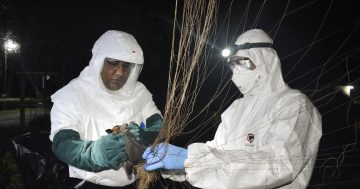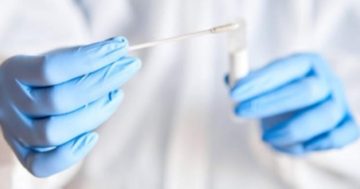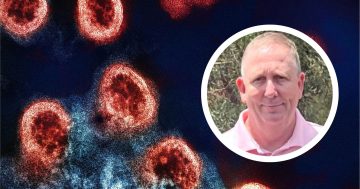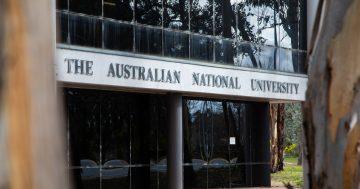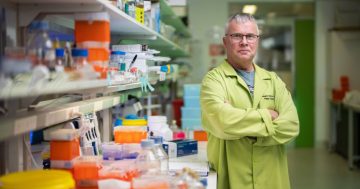 A first-of-its-kind project from the Australian National University (ANU) is to study the COVID-19 virus in sewage to learn more about its transmission.
A first-of-its-kind project from the Australian National University (ANU) is to study the COVID-19 virus in sewage to learn more about its transmission.
Project leader, ANU epidemiologist, Aparna Lal said the work would be a first for the ACT.
“If we can pick up early warning of the virus in Canberra through sewage, it would provide critical information for preventative interventions and health service planning both in the ACT and nationally,” Dr Lal said.
He said the project was set to begin next week and followed the lead of overseas scientists.
“Scientists reported finding coronavirus in Holland’s wastewater before COVID-19 cases were officially reported there,” Dr Lal said.
“In order to limit the transmission … we must find out how much transmission is occurring,” he said.
“We can do this by detecting the virus in our sewage and using this information to drive decisions about public health.”
Dr Lal said that while Canberra had little or no evidence of community transmission currently, reporting regimes did not provide a good estimate of possible community transmission.
“[It] won’t capture people who may be infectious but not show symptoms until significantly later,” he said.
“Detection of the virus from sewage gives us the ability to monitor the circulation of the virus in the environment.”
Dr Lal stressed that ACT sewage systems were not a source of COVID-19 transmission.
“There is no evidence that the virus is spread through sewage,” he said.
“But what this study will do is let us see whether sewage could be used to continuously monitor the presence of the virus in the community even when case numbers go down,” he said.



